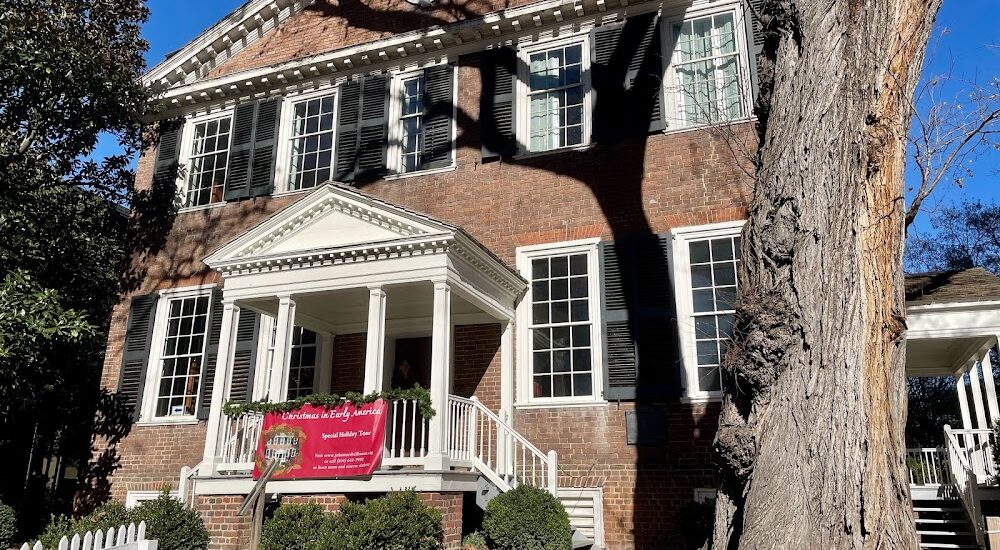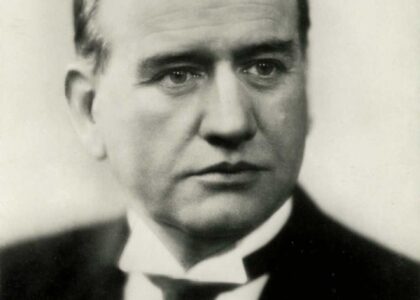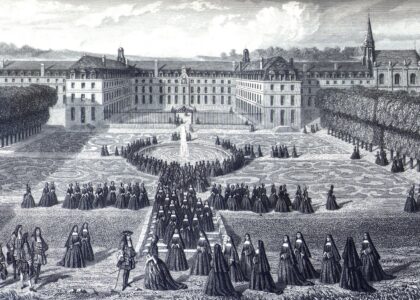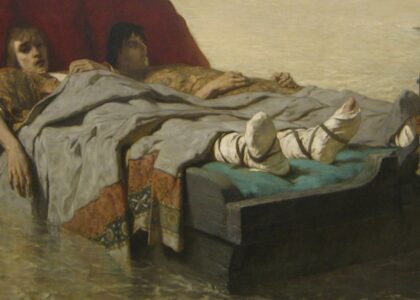Welcome to the John Marshall House, a landmark steeped in the history of early American governance and jurisprudence. Located in Richmond, Virginia, this house was the home of John Marshall, the fourth Chief Justice of the United States, appointed by President John Adams. Marshall’s tenure from 1801 to 1835 transformed the Supreme Court into a formidable branch of government.
Built in 1790, this Federal-style brick building was home to Marshall, his wife Mary Willis Ambler Marshall—affectionately known as Polly—and their six children. The house originally sat on a full city block in Richmond’s emerging Court End neighborhood, a testament to the city’s rapid growth during the late 18th century.
John Marshall is best known for his influential rulings, including the landmark case of Marbury v. Madison in 1803, which established the principle of judicial review. His decisions often emphasized federal supremacy over state actions and laid the groundwork for the United States’ current legal system, making his home an important site in understanding the development of American law.
Visitors to the John Marshall House can explore rooms filled with period furnishings and personal artifacts, offering a glimpse into the domestic life of one of America’s foremost legal minds. The house’s simple yet elegant architecture, with its hand-carved woodwork and Federal features, reflects the style of the era and Marshall’s own understated persona.
The house also served as a hub for political and social engagement, hosting notable figures of the time. One of Marshall’s neighbors was John Wickham, the attorney who famously defended Aaron Burr in his treason trial. These connections illustrate the vibrant political life that surrounded Marshall and his influential role in shaping the young nation.
Though the original outbuildings, including a law office, kitchen, and stables, have not survived, the main house stands as a testament to the era’s architectural and cultural heritage. Today, it is managed by Preservation Virginia and offers guided tours that delve into the life and legacy of John Marshall, providing visitors with a tangible connection to America’s formative years.





